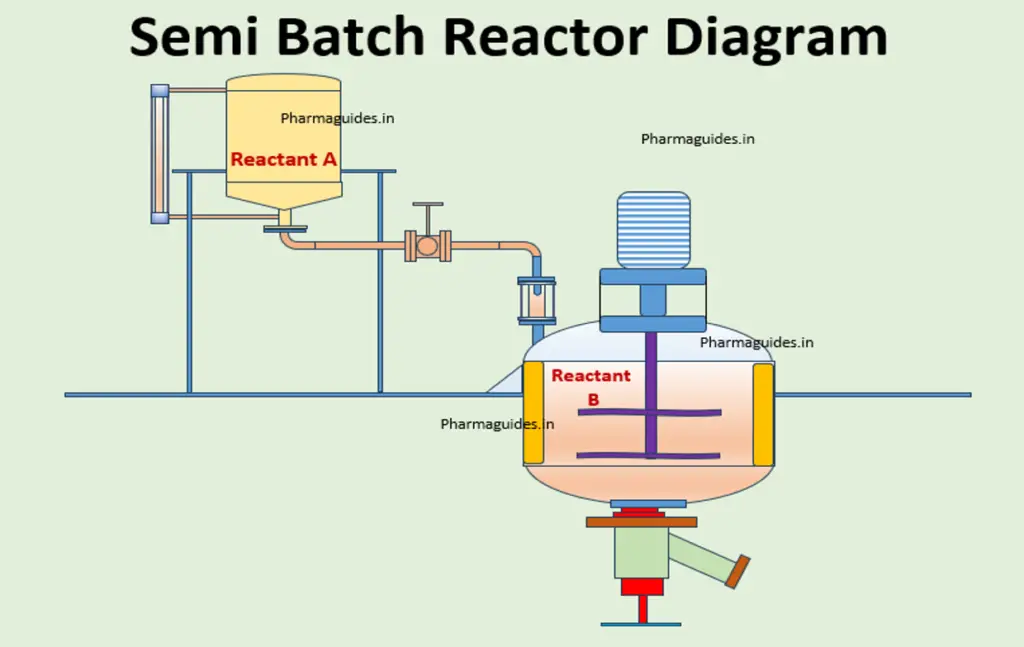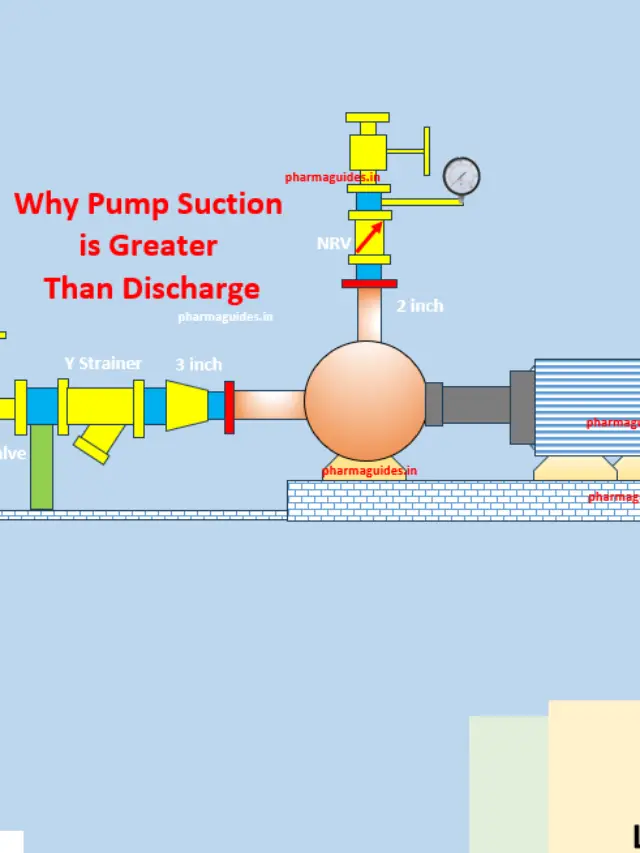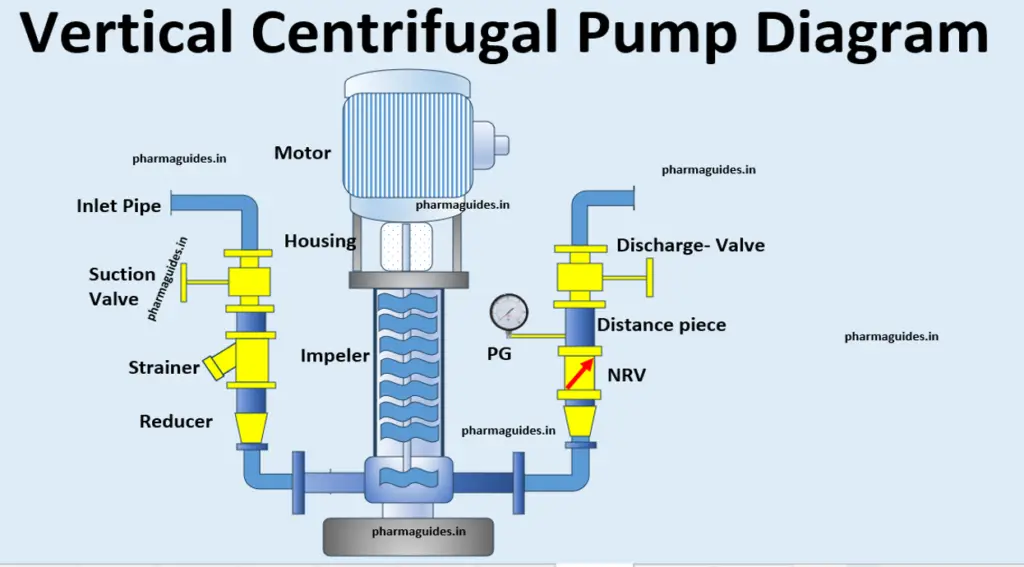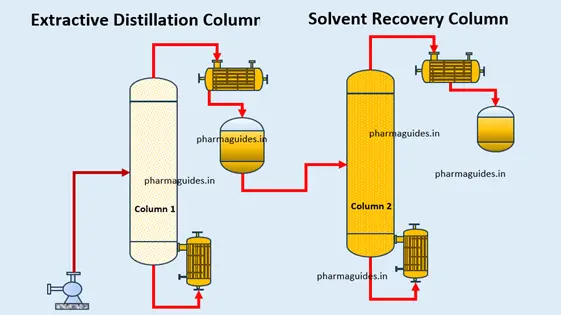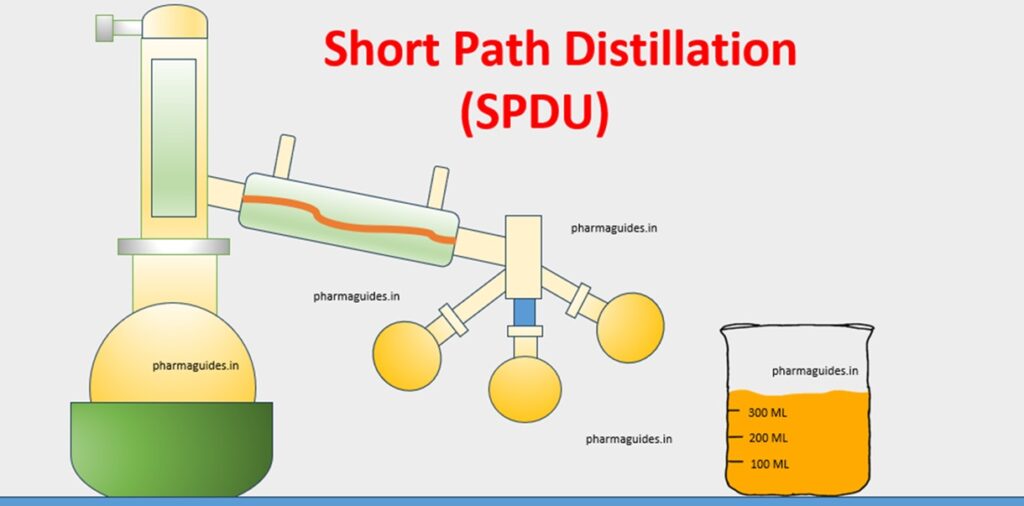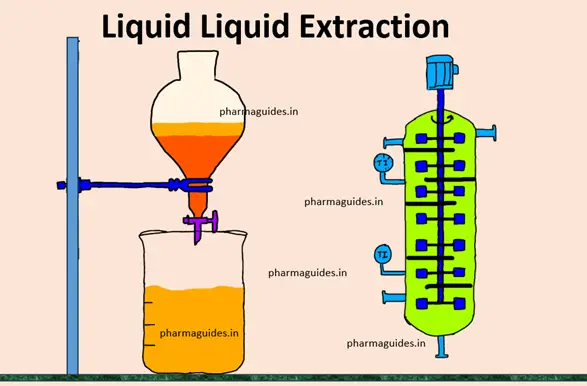Article Contents
ibr and non ibr boilers – As we know that there are different types of boilers available in the market which we use in Chemical industry for different different purposes.
In this article we study about the most commonly used steam boilers like IBR type boiler and non IBR type of boiler with there advantages and disadvantages. Also we will learn about some IBR rules.
There are different types of steam boiler like vertical stream generation boilers, horizontal boilers, IBR boilers and non IBR Boiler.
What is boiler ?
It is mechanical equipment use to generate the steam for different reasons like heating and evaporation of fluid.
Vertical type of boiler
In this class of boiler, the mounting of Boiler is vertical. There are some factors for salection of such class of boiler like available space for installation and required capacity of boiler.

ibr and non ibr boilers
As per ibr rule there are two types of boilers, first is IBR type of boiler and second is non IBR boiler.

What is full form of IBR ?
IBR mean Indian boiler regulation.
The term “IBR” stands for Indian Boiler Regulations. These regulations are a set of standards and requirements developed by the Indian government for the design, construction, and operation of boilers and boiler components. IBR boilers are specifically used in India and are required to comply with these regulations.
In the chemical industry, boilers play a crucial role in various processes, such as heating, distillation, reaction vessels, and steam generation. IBR type boilers are commonly used in the chemical industry in India due to the following reasons:
- Safety: IBR regulations ensure the safety of boiler operation by setting standards for design, material selection, fabrication, and inspection. These regulations help prevent accidents, ensure proper maintenance, and provide guidelines for the safe operation of boilers.
- Compliance: The use of IBR-approved boilers ensures compliance with the legal and regulatory requirements in India. It helps chemical industry companies meet the necessary standards and obtain necessary certifications and licenses for their operations.
- Quality Assurance: IBR regulations include stringent requirements for materials, construction methods, and quality control during the manufacturing process. By using IBR-approved boilers, the chemical industry can rely on standardized and reliable equipment, reducing the risk of equipment failure and ensuring consistent performance.
- Inspection and Certification: IBR regulations mandate periodic inspections by certified inspectors to assess the condition and safety of the boiler. This helps identify any potential issues or maintenance requirements, ensuring that the boiler remains in good working condition.
- Documentation and Record-Keeping: IBR regulations require the maintenance of comprehensive documentation, records, and logbooks related to the boiler. This helps in monitoring and tracking the boiler’s operation, maintenance, and compliance history.
It’s important to note that while IBR type boilers are commonly used in India, other countries may have their own specific regulations or standards for boilers used in the chemical industry. Compliance with local regulations is essential to ensure safe and efficient boiler operation.
Non-IBR (Non-Indian Boiler Regulations) type boilers are also used in the chemical industry for various reasons:
- Flexibility: Non-IBR types of boilers offer greater flexibility in terms of design, construction, and operation. They may be designed to meet specific requirements or customized to suit the unique needs of a chemical industry process. Non-IBR boilers provide more options for innovation and adaptation to specific applications.
- International Standards: In some cases, chemical industry companies may prefer to use boilers that comply with international standards rather than the specific regulations of a particular country. Non-IBR types of boilers, designed to meet internationally recognized codes and standards such as ASME (American Society of Mechanical Engineers), EN (European Norms), or other globally accepted standards, may be chosen for their wider acceptance and compatibility with international operations.
- Cost Considerations: Non-IBR boilers can sometimes be more cost-effective than IBR boilers. The adherence to specific IBR regulations can involve additional costs related to design, manufacturing, certification, and inspection. Non-IBR boilers may offer cost savings in terms of initial investment, maintenance, and compliance requirements.
- Regulatory Exemptions: In certain situations or regions, there may be regulatory exemptions or specific conditions where non-IBR types of boilers are allowed. These exemptions could be based on factors such as boiler size, operating pressure, or specific process considerations. Non-IBR boilers may be preferred in such cases to avoid unnecessary regulatory complexities.
- International Projects: In chemical industry projects involving collaboration or operations in multiple countries, non-IBR boilers may be used to ensure uniformity and compatibility across different regions. This approach simplifies the procurement, operation, and maintenance processes for the company, as they can use standardized boiler systems that meet internationally recognized standards.
It’s important to note that the choice between IBR and non-IBR boilers depends on various factors, including local regulations, project requirements, safety considerations, and cost-effectiveness. Companies should carefully evaluate these factors and consult with relevant experts and authorities to make informed decisions about the type of boiler to use in their chemical industry operations.
Read Also,
what is valve and it’s applications in chemical industry with example







